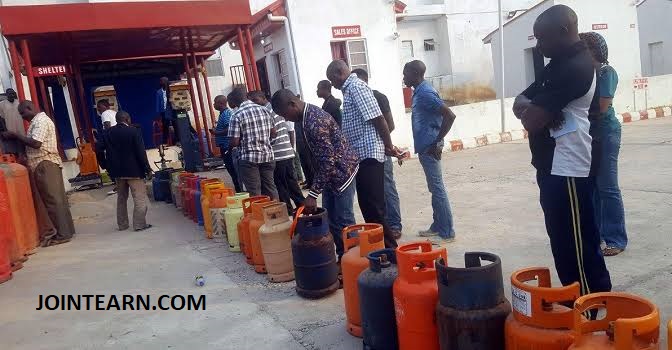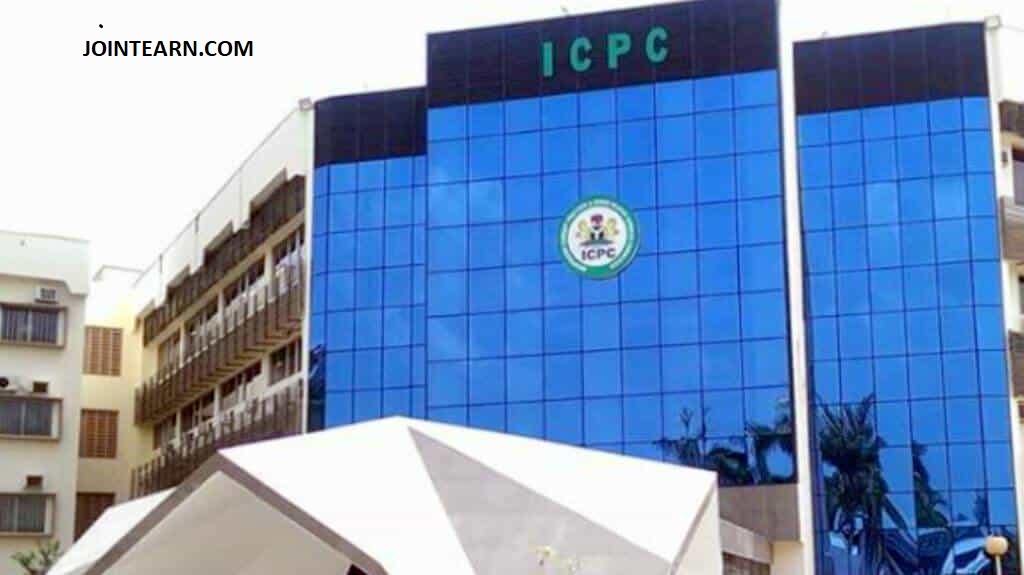As of early 2025, the cost of refilling cooking gas (Liquefied Petroleum Gas – LPG) in Nigeria has experienced notable fluctuations, influenced by a combination of global market dynamics, domestic economic factors, and regional disparities in infrastructure and supply chains.
Current Price Overview
In February 2025, the average price for refilling a 12.5kg cylinder of cooking gas in Nigeria stood at approximately ₦15,950, reflecting a 4.8% decrease from ₦16,762.50 in January. This downward trend offers some relief to consumers amid broader economic challenges.
Regional Price Variations
Cooking gas prices vary significantly across different states in Nigeria, primarily due to factors such as proximity to supply depots, transportation costs, and local demand.
-
Highest Prices:
-
Abia State: ₦1,450 per kg (₦18,125 for 12.5kg)
-
Kogi State: ₦1,400 per kg (₦17,500 for 12.5kg)
-
Zamfara State: ₦1,450 per kg
These elevated prices are attributed to high transportation costs, limited local supply, and supply chain inefficiencies.
-
-
Lowest Prices:
-
Abuja (FCT): ₦1,200 per kg (₦15,000 for 12.5kg)
-
Ogun State (Ijebu Ife, Shagamu): ₦1,200 per kg
-
Badagry, Lagos State: ₦1,200 per kg
-
Uyo, Akwa Ibom State: ₦1,200 per kg
-
Bauchi State: ₦1,200 per kg
Lower prices in these regions are largely due to better access to supply, proximity to major LPG hubs or ports, and competitive market conditions.
-
-
Intermediate Prices:
-
Gombe State: ₦1,300 per kg
-
Zamfara State: ₦1,300 per kg
-
Onitsha, Anambra State: ₦1,300 per kg
-
Kwara State: ₦1,300 per kg
-
Lagos Island: ₦1,300 per kg
-
Ijede, Lagos State: ₦1,350 per kg
-
Ekiti State: ₦1,350 per kg
These regions experience moderate supply challenges and are influenced by geographical and economic factors.
-
Factors Influencing Price Fluctuations
Several elements contribute to the variability in cooking gas prices across Nigeria:
-
Global Market Dynamics: Fluctuations in global crude oil prices directly impact the cost of LPG, as Nigeria imports a significant portion of its cooking gas.
-
Exchange Rate Instability: A weaker Naira increases the cost of imports, thereby raising the retail price of cooking gas.
-
Transportation and Infrastructure: Regions distant from supply depots or with poor infrastructure face higher transportation costs, leading to increased prices.
-
Seasonal Demand: Periods of high demand, such as festive seasons, can cause temporary spikes in prices.
-
Supply Chain Inefficiencies: Inadequate storage facilities and logistical challenges can disrupt supply, affecting prices.
Economic Implications
The rising cost of cooking gas has significant implications for Nigerian households, particularly those in lower-income brackets. As prices increase, some households may revert to using alternative, less efficient, and more environmentally harmful energy sources such as firewood or charcoal. This shift not only poses health risks but also undermines efforts to promote cleaner energy usage.
Outlook
While recent months have seen a slight decrease in cooking gas prices, the market remains volatile. Continued efforts to stabilize the exchange rate, improve infrastructure, and enhance supply chain efficiency are crucial to ensuring affordable and consistent access to cooking gas across Nigeria.
Government interventions, such as subsidies or investments in local LPG production and distribution, could play a pivotal role in mitigating price fluctuations and promoting the adoption of cleaner cooking fuels nationwide.












